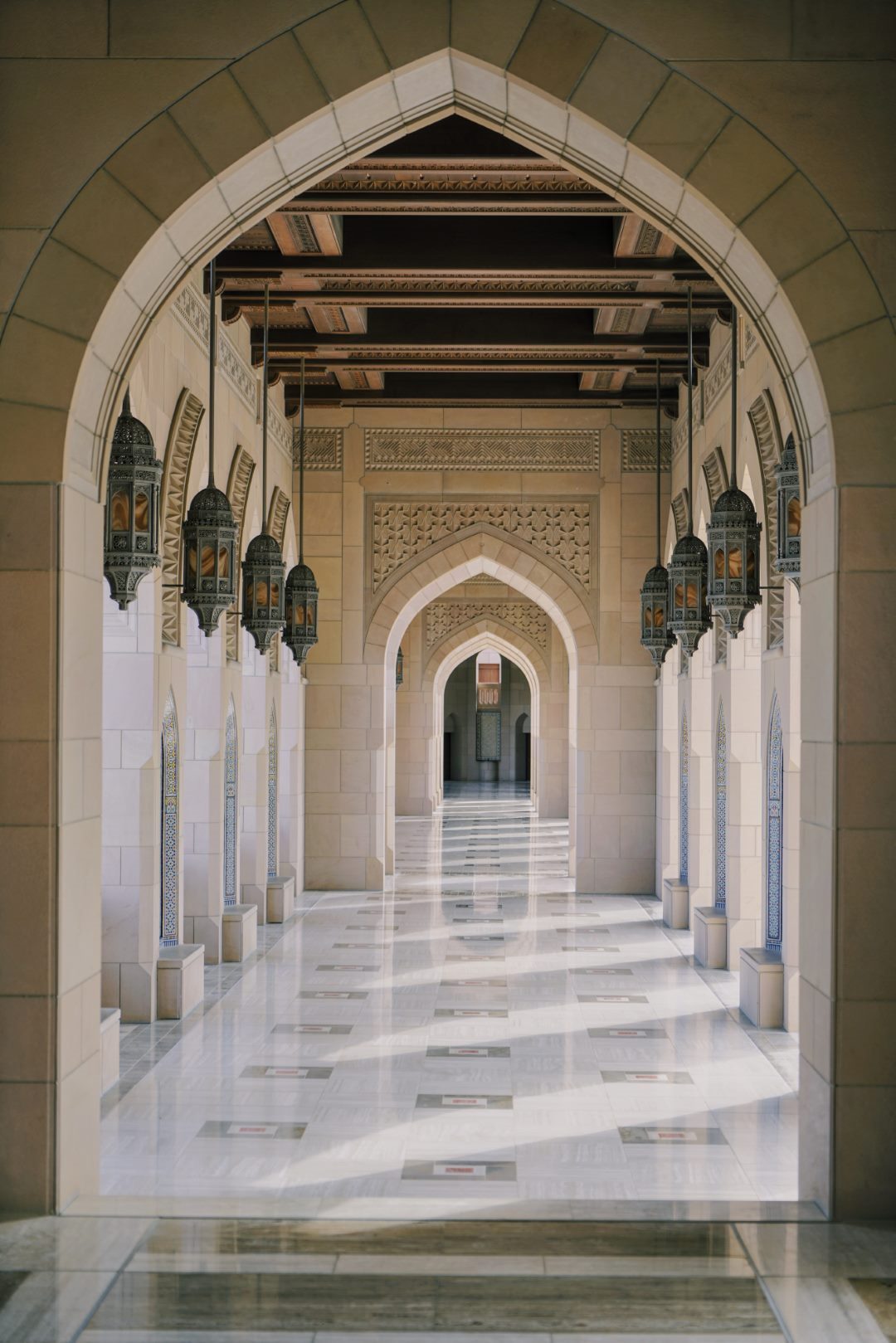Busan, one of the busiest cities in South Korea, offers its visitors a delightful mix of vibrant city life and serene natural beauty. Known for its stunning beaches, bustling markets, and delicious seafood cuisine, Busan is a destination that has something to offer for everyone. If you’re planning a trip to Busan and wondering what to see and do, you’re in luck. In this post, we will take a deep dive into the best attractions and things to do in Busan, helping you plan a trip that you’ll never forget.
The 2 Best Summer Activities in Busan
The 2 Best Summer Activities in Busan
1. Night
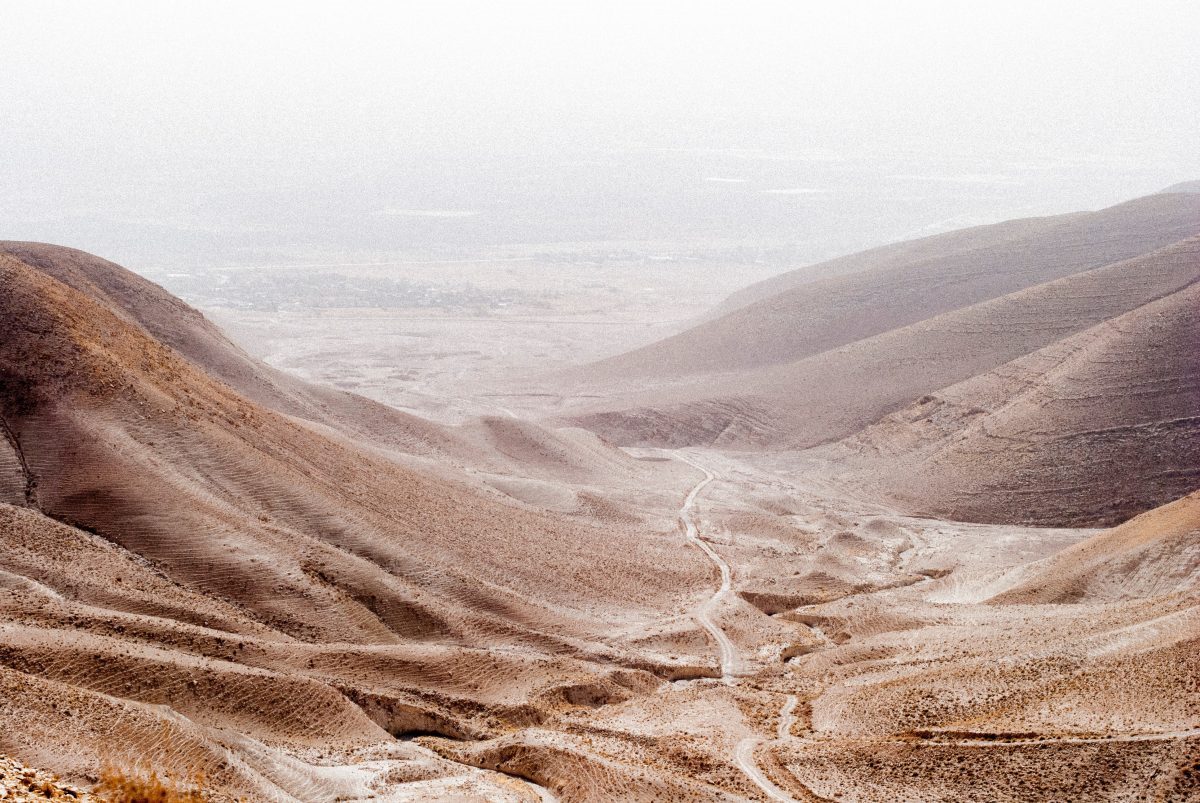
Travel aboard a comfortable coach to catch the sparkling highlights of Busan on a 3-hour evening tour. This 3-hour Busan night tour by coach will be narrated by a professional English-speaking guide. You’ll see the best of the city after dark starting at a lookout on Mt Hwangryeong then heading to the popular nightlife scene around Gwangalli Beach which glows below Gwangan Bridge. Admire the architecture and light displays of the Busan Cinema Center then take a closer look at the glittering city skyline as you roam through Marine City. Enjoy eye-catching views of shimmering skyscrapers before returning to your hotel. Round-trip hotel transport is included in this evening sightseeing tour.
2. Night Small Group Photo Tour
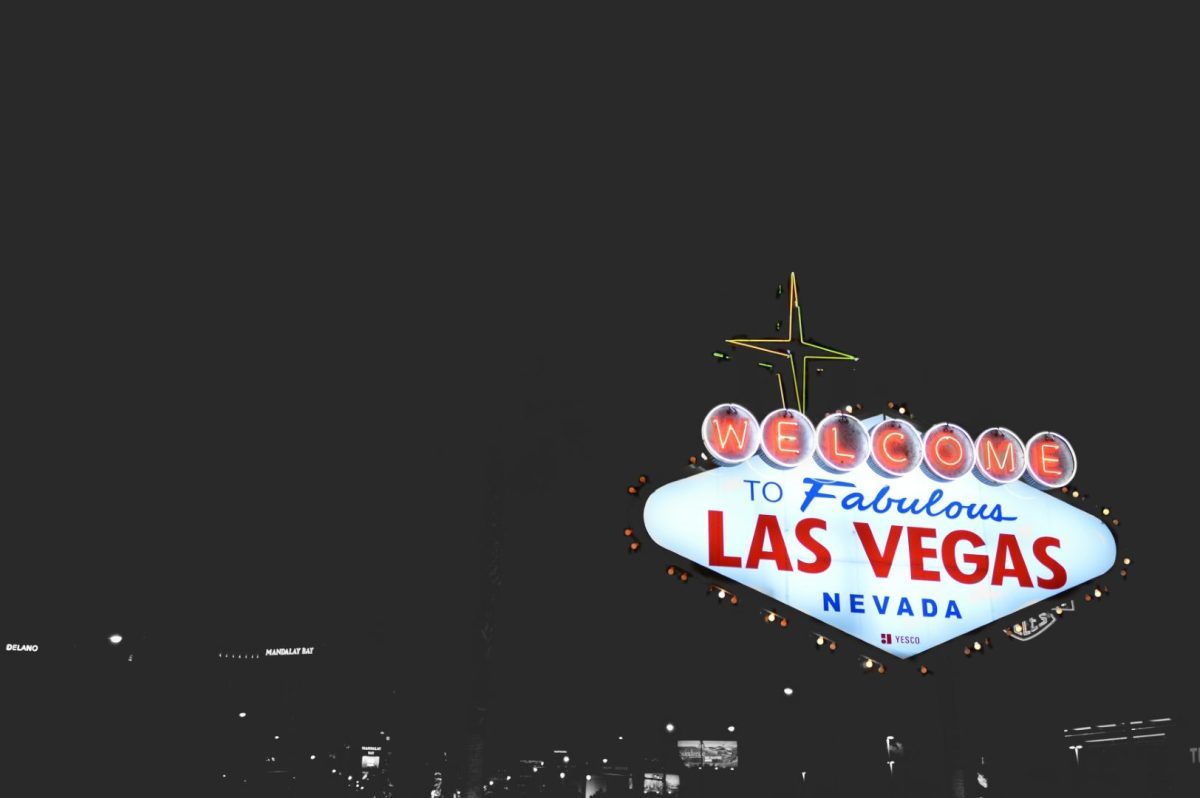
Looking for a unique way to explore Busan after dark? Join this night small group photo tour for an unforgettable experience! Meet your guide at Seomyeon Station Exit 12 and hop on the provided transportation to visit some of the city’s most beautiful spots, including Gwangan Bridge and Dongbaek Island. With professional camera equipment provided, capture stunning photos of Busan’s skyline and natural landscapes. After the tour, you’ll receive 5 edited photos and all the original pictures. You’ll also receive souvenirs and meal(s) during the tour. Please note that dinner will not be provided. This tour is wheelchair accessible and service animals are allowed. Cancellation is possible up to 24 hours in advance for a full refund. Book now for a magical night under the stars in Busan!
The Top Frequently Asked Questions About Busan
Busan is the second-most populous city in South Korea, situated on the southeastern coast of the Korean peninsula. Known as the “summer capital of South Korea,” it is famous for its beaches, seafood, and cultural festivals, attracting millions of tourists every year. However, before traveling to Busan, many people have questions about this vibrant city. In this blog post, we will answer some of the most frequently asked questions about Busan.1. What is the best time to visit Busan?
The best time to visit Busan is from May to September when the weather is warm and sunny, and there are many festivals and events taking place. During this time, the city is bustling with activities, such as the Busan International Film Festival, the Haeundae Sand Festival, and the Busan Sea Festival. However, keep in mind that it can get crowded during the peak season, and hotel prices may increase.2. What are some must-visit attractions in Busan?
Busan has many attractions worth visiting, but some of the must-sees include:- Haeundae Beach: One of the most famous beaches in South Korea, Haeundae Beach is a popular destination for swimming, sunbathing, and water sports.- Gamcheon Culture Village: This colorful village is filled with unique architecture and artwork, making it a favorite spot for photographers and art enthusiasts.- Haedong Yonggungsa Temple: This scenic temple is located on a cliff overlooking the sea, providing breathtaking views.- Jagalchi Market: As one of the largest seafood markets in Korea, Jagalchi Market is a great place to enjoy fresh seafood dishes.3. What is the transportation system like in Busan?
Busan has a well-developed transportation system, including buses, subways, taxis, and trains. The subway system is particularly convenient and easy to navigate, with signs and announcements in both English and Korean. Buses are also a good option for getting around the city and are generally inexpensive. Taxis are readily available but may be more expensive than other forms of transportation.4. What is the food like in Busan?
Busan is famous for its seafood, and there are many delicious dishes to try, such as grilled eel, raw fish, and seafood soup. Additionally, there are many Korean and international restaurants throughout the city, serving a wide range of dishes suitable for all tastes and preferences.5. What are some cultural events and festivals in Busan?
Busan is home to many cultural events and festivals throughout the year, including:- Busan International Film Festival: One of the most significant film festivals in Asia, this 10-day event showcases the latest and most innovative films from around the world.- BIFF Square: This street is lined with movie theaters, restaurants, and shops and is a popular spot during the Busan International Film Festival.- Haeundae Sand Festival: This event takes place every summer, featuring intricate sand sculptures and a variety of beach activities.- Busan Sea Festival: Held every August, the Busan Sea Festival is a celebration of Busan’s coastal heritage, with activities such as boat races, fireworks, and concerts.6. What are some tips for solo travelers visiting Busan?
Busan is a safe and welcoming city for solo travelers, but here are some tips to keep in mind:- Stay in a central location: Staying in a central location such as Haeundae or Seomyeon will make it easier to access public transportation and popular attractions.- Learn basic Korean phrases: While many Koreans speak English, learning some basic Korean phrases can make communicating and navigating easier.- Try street food: Street food is a great way to experience local cuisine and often comes at an affordable price.- Join a tour: Joining a tour is an excellent way to meet other travelers and learn about the city’s culture and history.In conclusion, Busan is a vibrant and exciting city with much to offer visitors. From its stunning beaches and cultural attractions to its delicious cuisine and lively festivals, there is something for everyone to enjoy. We hope that this blog post has helped answer some of your questions about Busan and inspired you to visit this beautiful city.Welcome to Busan, the bustling coastal city in South Korea! Known for its stunning beaches, vibrant nightlife, and rich cultural heritage, Busan has become a popular destination for tourists from all over the world. With so many incredible attractions and things to do in Busan, it can be overwhelming to plan your itinerary. But fear not, we’ve got you covered! In this post, we will be sharing some of the must-visit attractions and experiences that will showcase the best of Busan. From hiking and exploring its history to enjoying the local cuisine, there’s something for everyone in this beautiful city. So pack your bags and get ready to explore Busan like a local!
The 2 Best Summer Activities in Busan
The 2 Best Summer Activities in Busan
1. Night
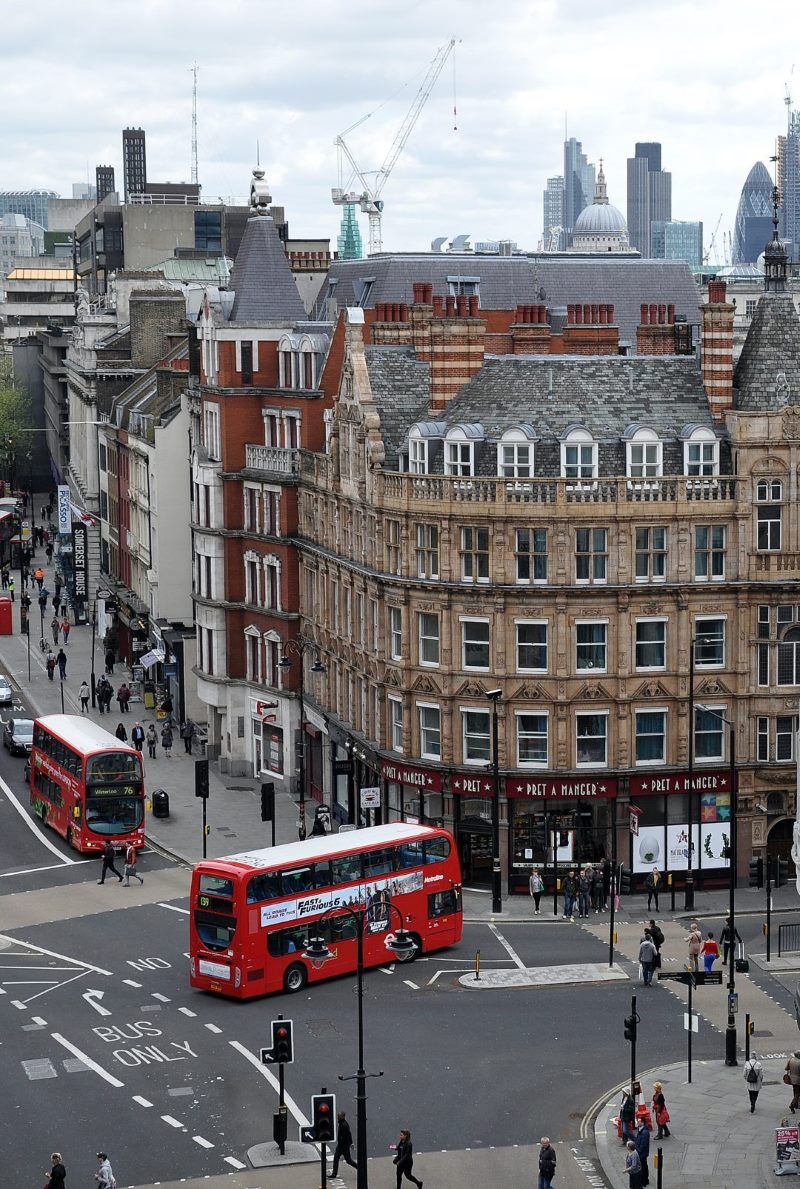
Travel aboard a comfortable coach to see the best of Busan after dark on this 3-hour evening tour. Your knowledgeable guide will provide you with informative commentary as you catch the sparkling highlights of the city. Start at a lookout on Mt Hwangryeong, where you can watch the city lights come on from above. Then, head to the popular nightlife scene around Gwangalli Beach for great views of the Gwangan Bridge. Admire the architecture and light displays of the Busan Cinema Center before roaming through Marine City for eye-catching views of shimmering skyscrapers. The tour includes convenient round-trip hotel transport to ensure your experience is hassle-free.
2. Night Small Group Photo Tour
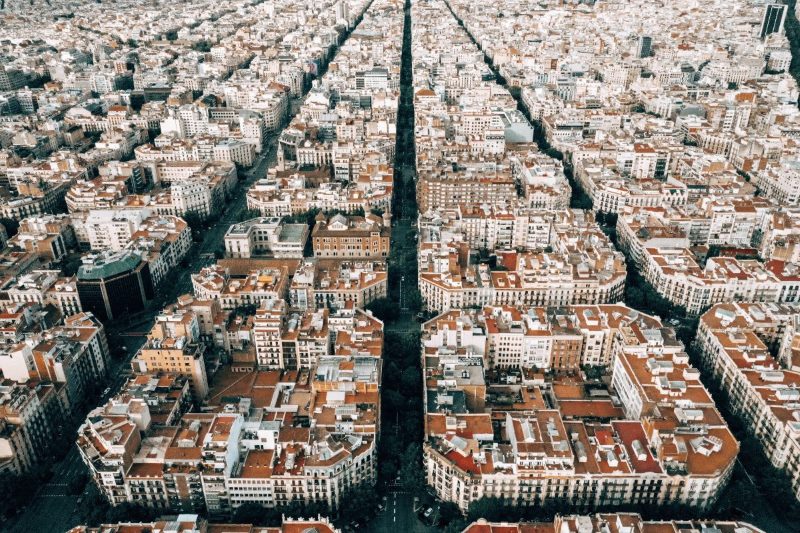
Experience the beauty of Busan at night with our Small Group Photo Tour. The tour includes transportation and professional camera equipment, along with 5 edited pictures and all the original pictures in JPG format. Take home souvenirs and enjoy the peace of mind with insurance coverage.
The tour will start at Seomyeon Station Exit 12 at 07:30 PM. Please note to double-check the meeting point and don’t confuse it with Seomyeon underground shopping center Exit 12. The tour will end at a different location and drop-off points include Gwananlli Beach and Seomyeon Station. If you’re staying near Haeundae area, the last spot we visit – Dongbaek Island, would be the best spot to get off.
Confirmation will be received upon booking and the tour is wheelchair accessible. However, dinner time will not be provided, so be sure to grab a meal beforehand. Service animals are allowed. For a full refund, cancellation must be made at least 24 hours in advance of the experience. Please note that it can take up to 7 days for edited pictures to be delivered.
Join our Night Small Group Photo Tour and capture the best of Busan’s nightlife.
Frequently Asked Questions about Busan
Busan, also known as Pusan, is the second-largest city in South Korea after Seoul. It is a beautiful port city nestled on the rugged southeastern coastline of the Korean Peninsula. Busan is famous for its bustling beaches, stunning landscapes, and its busy international seaport. If you are planning to visit Busan, you might have some questions in your mind. This post answers some of the most frequently asked questions about the city.1. What is the best time of year to visit Busan?
Busan witnesses different weather conditions throughout the year. The best time to visit Busan is from September to November when the climate is mild, and it is less crowded. The summer months, from June to August, are hot and humid, so it may not be the best time to visit. If you want to experience the cherry blossom season and don’t mind the crowds, visit Busan in late March or early April.2. How do I get to Busan?
The easiest way to get to Busan is by air. The city has its own international airport, Gimhae International Airport, which receives several international and domestic flights every day. You can also get to Busan by train or bus from other cities in South Korea, but it may take longer.3. How do I get around Busan?
Busan has an excellent public transportation system comprising the subway, buses, and taxis. The subway is the most convenient mode of transportation, and it covers almost all major tourist destinations in the city. You can purchase a T-Money card which can be used on buses and subways. Taxis are also readily available, but they are more expensive than public transit.4. What are the must-visit tourist attractions in Busan?
Busan has many beautiful and exciting tourist attractions that cater to all preferences. These are some of the most popular tourist attractions:• Haeundae Beach:
It is the most famous and the busiest beach in Busan. Haeundae Beach is a long stretch of golden sand, dotted with restaurants, cafes, and shops.
• Busan Tower:
Located in the Yongdusan Park, Busan Tower is a popular viewing spot that offers a panoramic view of the city.
• Gamcheon Culture Village:
Gamcheon Culture Village is a vibrant and colorful hillside community with multi-colored houses, narrow alleyways, and street art.
• Jagalchi Fish Market:
Jagalchi Fish Market is a bustling seafood market where you can buy and taste fresh seafood.
• Taejongdae Park:
Taejongdae Park is a stunning natural park that offers sweeping views of the coastline and the sea.
5. What is the food like in Busan?
Busan is famous for its seafood, and there are tons of restaurants and street food stalls selling fresh and tasty seafood. Some of the popular Busan dishes include:• Haemultang:
This is a spicy seafood stew made with various ingredients such as fish, shrimp, crab, octopus, and vegetables.
• Milmyeon:
Milmyeon is a delicious cold noodle dish that is popular in Busan. It is made with chewy hand-cut noodles, sliced beef, and vegetables in a refreshing broth.
• Ssiat Hotteok:
Ssiat Hottoek is a Korean-style pancake filled with seeds, nuts, and brown sugar.
6. What are the cultural festivals and events that take place in Busan?
Busan hosts several cultural festivals and events throughout the year, and these are some of the most popular ones:• Busan International Film Festival:
This is the most significant film festival in Asia that takes place annually in October. It screens hundreds of films from different countries, and it attracts thousands of movie fans and celebrities from around the world.
• Busan Fireworks Festival:
The Busan Fireworks Festival is a beautiful fireworks display that takes place every October, and it is an irresistible attraction for tourists and locals alike.
• Busan Sea Festival:
The Busan Sea Festival is a two-week-long festival that takes place in August. It features various water sports competitions, fishing, and cultural performances.
Conclusion:
Busan is a bustling and dynamic city with a rich cultural heritage and beautiful tourist attractions. We hope that these FAQs have answered some of your questions about the city and have made your trip planning a little easier. Remember to plan your trip according to the weather and to visit the must-see tourist spots. Also, don’t forget to try the delicious Busan cuisine and immerse yourself in the vibrant culture of the city.Welcome to Busan, South Korea’s second-largest city and a must-see destination for travelers in Asia! This coastal metropolis is home to an abundance of cultural, natural, and culinary attractions that are sure to make your trip a memorable one. Whether you’re looking for stunning beaches, delicious seafood, bustling markets, traditional temples, or modern shopping centers, you’ll find it all in Busan. In this post, we’ll guide you through the best things to do and see in this dynamic city. So, grab your camera and let’s explore Busan!
The 2 Best Summer Activities in Busan
The 2 Best Summer Activities in Busan
1. Night
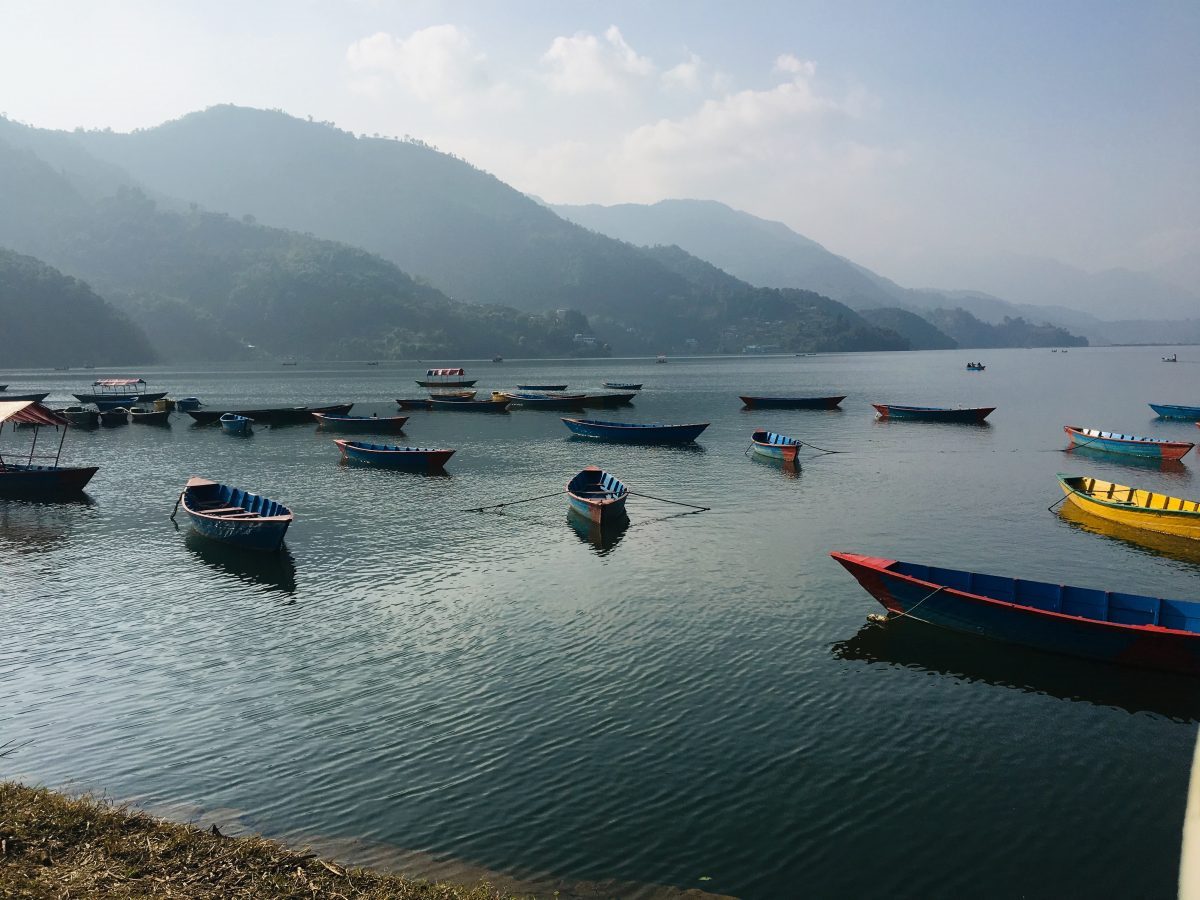
Travel around Busan’s sparkling hotspots at night with our professionally narrated 3-hour evening coach tour. Starting at Mt Hwangryeong, you’ll get to see the whole city light up at night. Afterwards, visit the popular nightlife scene of Gwangalli Beach, which glows under the Gwangan Bridge. Admire the Busan Cinema Center and the lit-up Big Roof, then take a closer look at the glittering skyscrapers of Marine City. You’ll have round-trip hotel transport included along with your guide’s informative commentary throughout the night. Get ready to see Busan in a whole new light!
2. Night Small Group Photo Tour
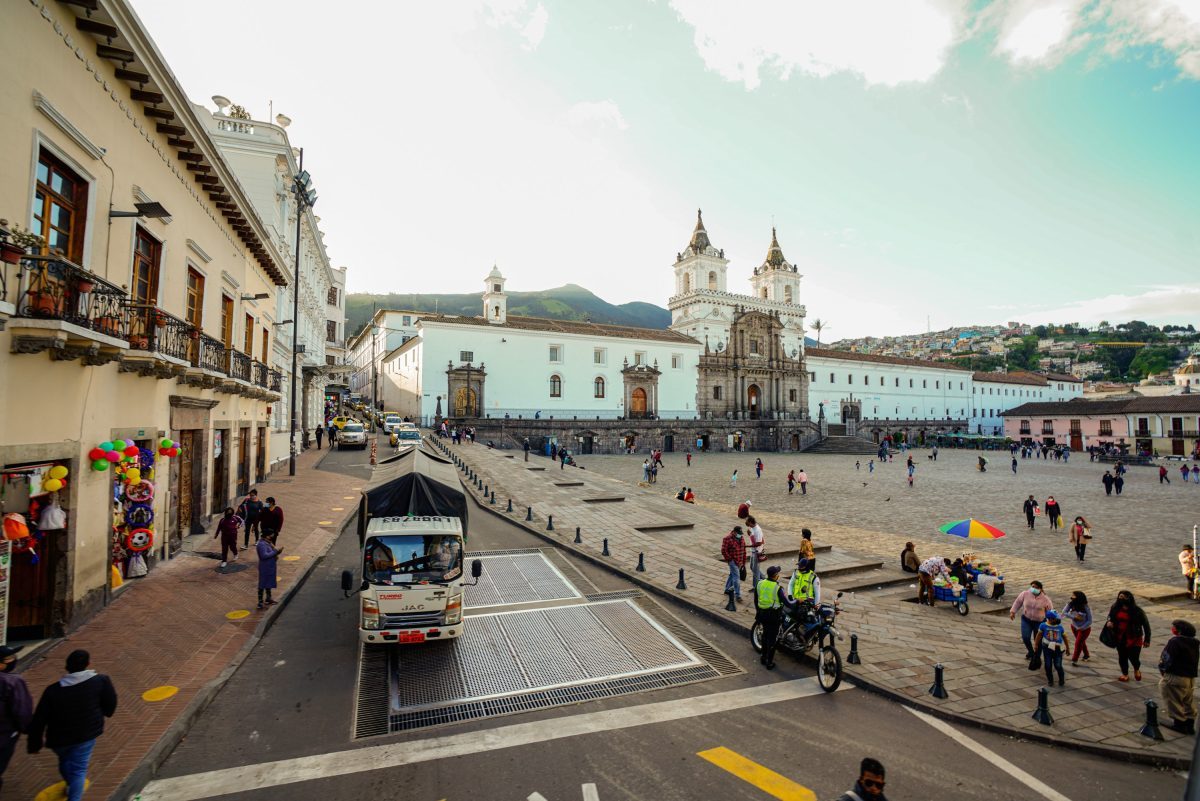
Explore the dazzling beauty of Busan at night with our small group photo tour. This tour includes transportation, professional camera equipment, souvenirs, insurance, and a chance to take home 5 edited pictures and all the original pictures in JPG format. The tour starts at 7:30 PM at Seomyeon Station Exit 12, where our tour guide will meet you. The drop-off points are Gwananlli Beach and Seomyeon Station, with the option to get off at Dongbaek Island if you are staying near Haeundae area. Please note that dinner will not be provided, but there will be ample time to purchase food during the tour. Wheelchair accessibility is available, and service animals are allowed. Our cancellation policy allows you to cancel up to 24 hours in advance for a full refund. Sign up now for this unforgettable night photo tour in a magical city.
The most frequently asked questions about Busan
If you’re planning a trip to South Korea, Busan is a destination that should be on your list. As the country’s second-largest city, Busan offers a mix of urban excitement and natural beauty that’s hard to find elsewhere. However, as with any travel destination, you may have some questions about what to expect. Here are some of the most frequently asked questions about Busan, answered.1. What’s the best time to visit Busan?
The best time to visit Busan depends on your preferences. If you’re looking for warm weather and plenty of outdoor activities, the summer months (June-August) are ideal. This is also peak tourist season, so you can expect larger crowds and higher prices.If you prefer milder weather and fewer tourists, consider visiting Busan in the spring (March-May) or fall (September-November). During these seasons, the weather is typically pleasant and there are many cultural festivals to enjoy.2. How do I get around Busan?
Busan has an extensive public transportation system that includes buses and subways. Most signs and announcements are also available in English, making it easy for tourists to navigate. It’s also possible to rent a bike if you prefer to explore the city at a leisurely pace.Taxis are another option in Busan, but they can be expensive. If you plan on using a taxi, be sure to negotiate the fare beforehand to avoid surprises when you arrive at your destination.3. What are some must-see attractions in Busan?
Busan is home to many fascinating attractions, but some of the most popular include:- Haeundae Beach: This is Busan’s most famous beach and a great place to soak up the sun.
- Gamcheon Culture Village: This colorful neighborhood is known for its steep streets, art installations, and unique architecture.
- Jagalchi Market: As one of the country’s largest seafood markets, Jagalchi is a must-see for anyone who loves seafood.
- Busan Tower: This iconic tower offers stunning views of the city and the surrounding mountains.
- Bulguksa Temple: Located just outside of Busan, this ancient temple is a UNESCO World Heritage Site and one of the finest examples of Korean Buddhist architecture.
4. What’s the food like in Busan?
Busan is known for its fresh seafood, so you can expect to find many delicious seafood dishes during your visit. Some popular seafood dishes include grilled octopus, raw fish, and spicy seafood soup. However, there are also plenty of other dining options available in the city, including Korean barbecue, street food, and international cuisine.5. What are some cultural customs I should be aware of in Busan?
As with any foreign country, it’s important to be aware of local customs and etiquette. In Busan, it’s polite to bow when greeting someone and to remove your shoes when entering a home or temple. Tipping is not expected in South Korea, but it’s becoming more common in tourist areas.Conclusion
Busan is a vibrant city that offers something for everyone. Whether you’re interested in soaking up the sun on the beach or exploring the city’s rich cultural heritage, Busan is a destination that’s well worth a visit. With this guide to the most frequently asked questions about Busan, you’ll be well-prepared for your trip and ready to make the most of your time in this beautiful city.Welcome to Busan, the second-largest city in South Korea, located on the southeastern coast of the country. This vibrant city is known for its beautiful beaches, bustling markets, rich cultural heritage, and delicious seafood cuisine. Whether you’re a first-time visitor or a seasoned traveler, Busan has plenty of amazing attractions and activities that will leave you captivated. In this article, we’ll guide you through some of the best things to do in Busan, from exploring ancient temples to enjoying the vibrant nightlife. So, let’s get started and discover the gems of Busan together!
The 2 Best Summer Activities in Busan
The 2 Best Summer Activities in Busan
1. Night
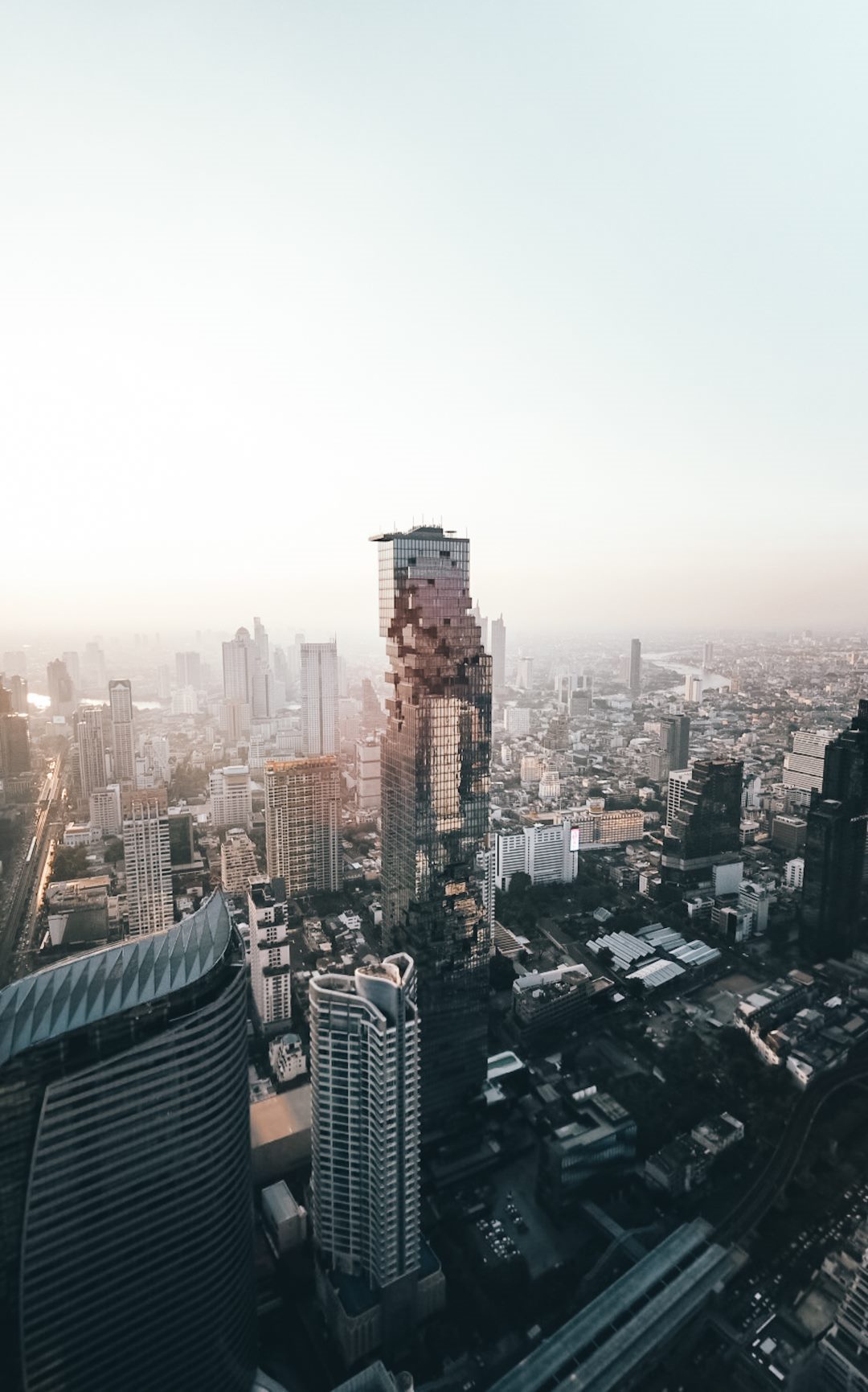
Discover the sparkling highlights of Busan after dark on a 3-hour evening tour. From the height of Mt Hwangryeong, watch the city lights come on and admire panoramic views of the city skyline. Journey to Gwangalli Beach and marvel at the stunning architecture and light displays of the Busan Cinema Center. Take in the sights of shimmering skyscrapers as you wander through Marine City before returning to your hotel. This 3-hour Busan night tour includes convenient round-trip hotel transport and informative narration by an English-speaking guide.
2. Night Small Group Photo Tour
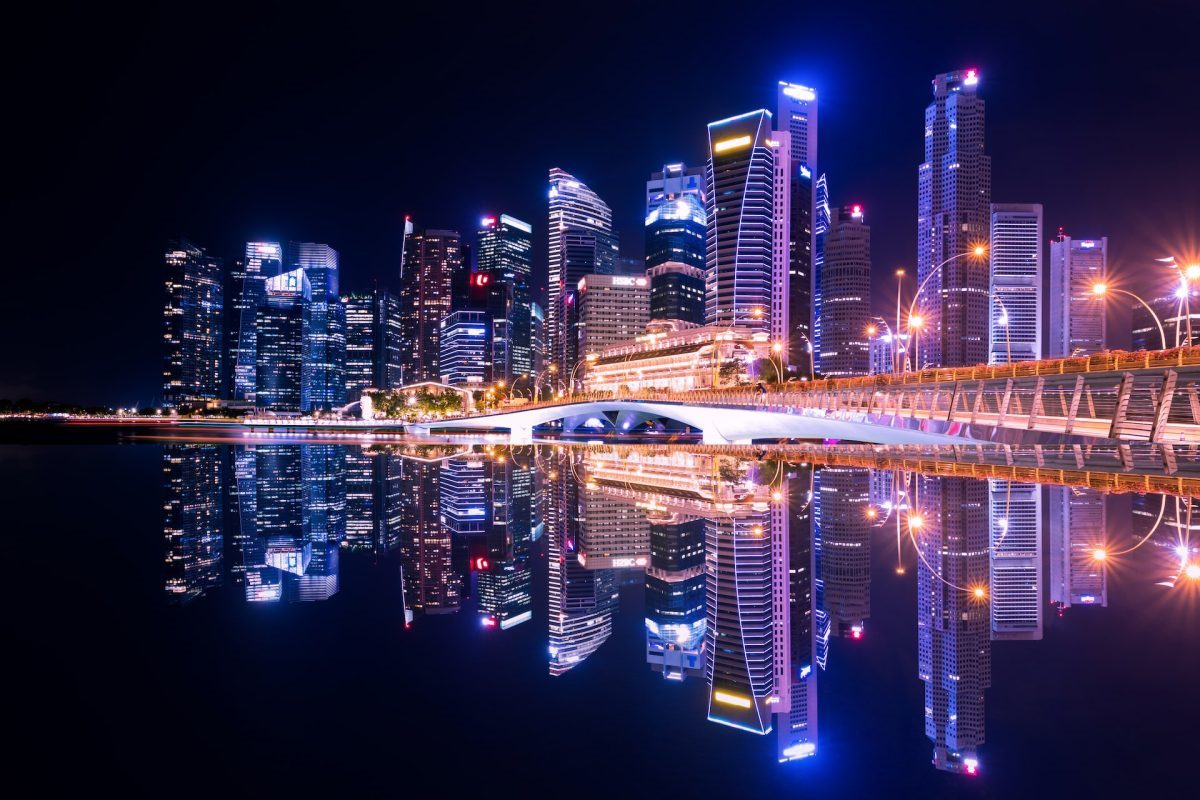
Explore the beautiful city of Busan at night with our Small Group Photo Tour. This tour is wheelchair accessible and includes transportation, professional camera equipment, souvenirs, insurance, and 5 edited pictures with all the original pictures in JPG format. We will meet at Seomyeon Station Exit 12 at 7:30 PM and end at a different location. The tour will take us to Gwananlli Beach and Seomyeon Station, with Dongbaek Island as our last spot. Please note that dinner will not be provided, but service animals are allowed. If you need to cancel, you can do so up to 24 hours in advance for a full refund. Don’t miss out on capturing the beauty of Busan at night on our Small Group Photo Tour.
Frequently Asked Questions About Busan: Everything You Need to Know Before You Visit
Busan is Korea’s second-largest city and a popular tourist destination. Situated in the southeast corner of the Korean Peninsula, this bustling metropolis offers visitors a mix of natural beauty, historic temples, and modern attractions. But before you pack your bags, it’s important to know what to expect. Here are some frequently asked questions about Busan to help you plan your trip.1. What is the best time of year to visit Busan?
Busan has a humid subtropical climate, which means hot summers, cool winters, and plenty of rain throughout the year. The best time to visit Busan is during the spring and fall when the temperatures are mild, and the city is at its most beautiful. Springtime brings cherry blossoms and azaleas, while autumn offers vivid fall foliage. Summer is the peak tourist season, but it can be hot and muggy, and typhoons are a possibility. Winter is the least popular time to visit due to the cold, but it’s a great time to enjoy winter sports in the nearby mountains.2. What are some must-visit attractions in Busan?
Busan is a city of contrasts, with traditional temples and modern skyscrapers standing side by side. Must-visit attractions in Busan include:Haeundae Beach:
This is one of the most popular beaches in South Korea, boasting white sands, clear waters, and a bustling boardwalk dotted with cafes and bars.Gwangalli Beach:
Another popular beach, Gwangalli Beach is famous for its stunning views of the Gwangan Bridge and vibrant nightlife.Bulguksa Temple:
One of Korea’s most famous temples, Bulguksa Temple is a UNESCO World Heritage Site that dates back to the 8th century.Jagalchi Market:
This bustling seafood market is a must-visit for foodies, offering a wide variety of fresh seafood and street food.Busan Tower:
Located in the heart of the city, the Busan Tower offers panoramic views of Busan from its observation deck.3. What is the best way to get around Busan?
Busan has an extensive public transportation system, including buses, subways, and taxis. The subway is the fastest and most convenient way to get around the city, with four lines that cover most of the major tourist areas. Bus routes are also abundant and affordable, with many buses operating until late at night. Taxis are plentiful and reasonably priced but can be subject to traffic congestion during peak hours.4. What is the local cuisine in Busan?
Busan is renowned for its seafood, which is caught fresh from the nearby waters. Some must-try dishes include:Raw fish:
A popular Korean dish, raw fish is typically served with soy sauce and wasabi.Hotteok:
A sweet Korean pancake filled with brown sugar, cinnamon, and nuts.Makgeolli:
A traditional Korean rice wine that’s often served with spicy foods.Bibimbap:
A Korean rice dish that’s usually topped with vegetables, meat, and a fried egg.5. Are there any local customs or etiquette to be aware of?
As with any foreign country, it’s important to be respectful of Korean customs and etiquette. Some things to keep in mind in Busan include:Bowing:
Koreans often bow as a form of greeting or to show respect. A slight bow is appropriate in most situations, while a deeper bow is reserved for formal occasions.Shoes:
Shoes are typically removed before entering Korean homes, temples, and some businesses. Look for the presence of shoe racks or signs indicating where to remove your shoes.Tipping:
Tipping is not expected in Korea, and can sometimes be considered rude. In most cases, the price you see on the menu is the price you pay.6. Is Busan a safe city for tourists?
Busan is generally a safe city with a low crime rate. However, it’s always important to take basic safety precautions, such as avoiding poorly-lit areas at night and keeping an eye on your belongings in crowded areas. Petty crime such as pickpocketing can occur in busy tourist areas, so always be aware of your surroundings.7. What is the currency in Busan?
The currency in Busan is the South Korean won (KRW). International credit cards are widely accepted in major tourist areas, but it’s always a good idea to carry some cash for smaller transactions and street vendors. ATMs are readily available, and many offer English language options.Conclusion
Busan is a fascinating city with a lot to offer visitors. Whether you’re there to soak up the sun on the beach or explore ancient temples, there’s something for everyone. By keeping these frequently asked questions in mind, you’ll be well-prepared for your trip to Busan and able to experience all the city has to offer.Busan, South Korea’s second-largest city, is a bustling metropolis that attracts millions of visitors each year. Known for its stunning beaches, vibrant culture, and delicious seafood, Busan has plenty to offer both tourists and locals alike. With so many attractions and activities to choose from, it can be overwhelming to plan a trip to this vibrant city. In this post, we’ll highlight the best things to do and see in Busan, from exploring historic temples and markets to soaking up the sun on beautiful beaches. Whether you’re an adventure seeker, foodie, or history buff, Busan is sure to provide you with an unforgettable travel experience. So sit back, relax, and let’s dive into the best attractions and things to do in Busan.
The 2 Best Summer Activities in Busan
The 2 Best Summer Activities in Busan
1. Busan by Night
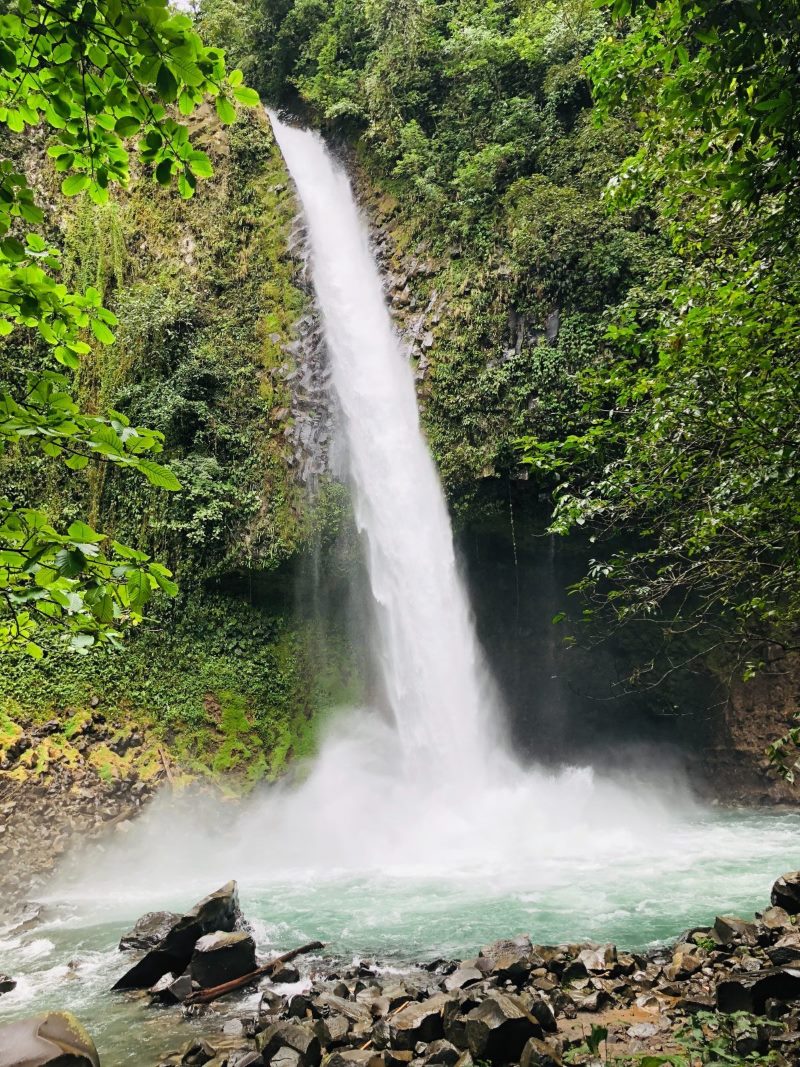
Travel aboard a comfortable coach to catch the sparkling highlights of Busan on this 3-hour evening tour. You’ll see the best of the city after dark starting at a lookout on Mt Hwangryeong then heading to the popular nightlife scene around Gwangalli Beach which glows below Gwangan Bridge. Admire the architecture and light displays of the Busan Cinema Center then take a closer look at the glittering city skyline before returning to your hotel. Enjoy convenient round-trip hotel transport and your guide’s informative commentary on this evening sightseeing tour. The tour includes a professional English-speaking guide narrating about the city. So, join this bus tour to experience the beautiful Busan city lights coming alive at night.
2. Busan Night Small Group Photo Tour
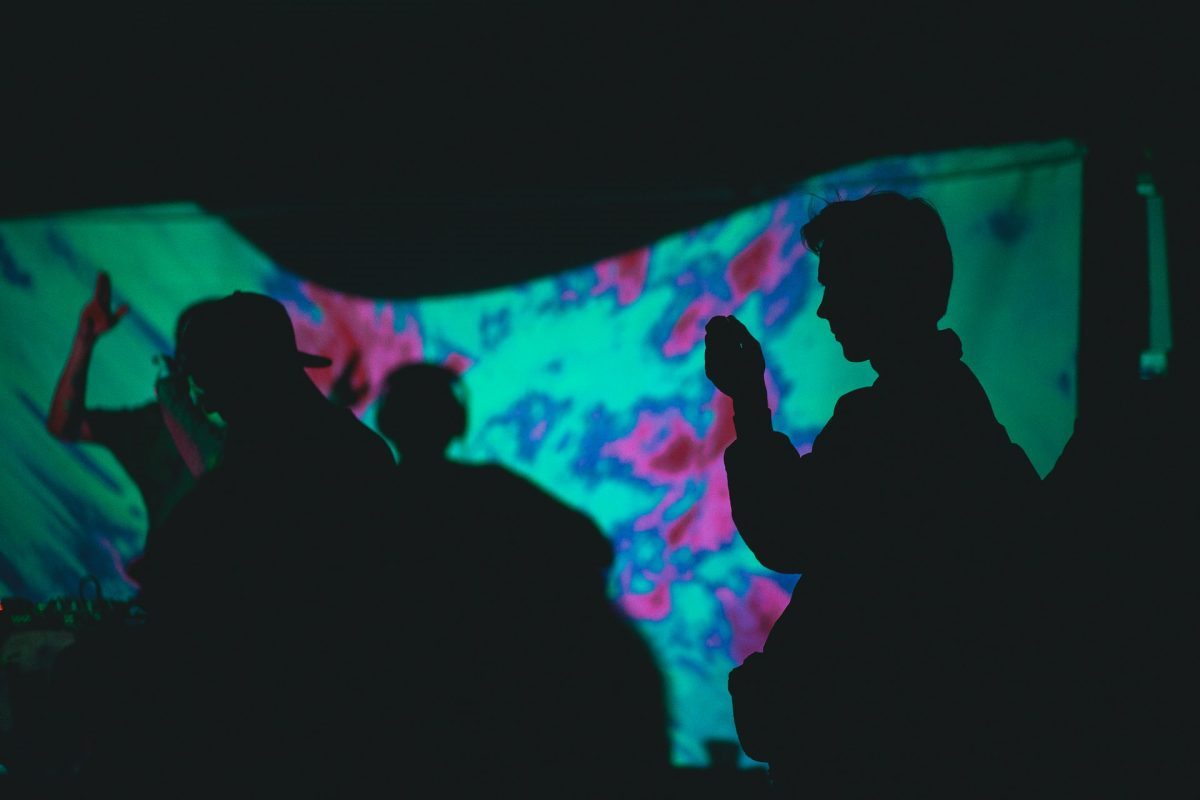
Explore the beautiful city of Busan at night through a small group photo tour. This exciting tour includes transportation, professional camera equipment, souvenirs, insurance, and 5 edited pictures, plus all the original pictures in JPG format.
The meeting point is at Seomyeon Station Exit 12 at 7:30 PM. From there, you’ll head to Gwananlli Beach and Seomyeon Station, with the last stop at Dongbaek Island. Please note that dinner will not be provided during the tour.
The tour is wheelchair accessible and service animals are allowed. However, please note that it takes up to 7 days for the edited pictures to be delivered. You can cancel up to 24 hours in advance of the experience for a full refund.
Don’t miss this opportunity to capture and experience Busan in a unique way through this small group photo tour.
Frequently Asked Questions about Busan – Your Ultimate Guide
Busan is the second-largest city in South Korea, located on the southeastern coast of the Korean Peninsula. It is a beautiful city that attracts visitors from all corners of the world. Whether you’re traveling for leisure or business, Busan has something for everyone. In this blog post, we’ve compiled a list of the most frequently asked questions about Busan. Let’s dive in!1. What is the best time to visit Busan?
Busan has a mild climate, with four distinct seasons. The best time to visit Busan is during the spring (April to June) and autumn (September to November) when the weather is mild and the city is bustling with festivals and events. Summer (June to August) is also a popular time to visit, but it can be quite hot and humid. Winter (December to February) is the least popular time to visit, as it can be very cold.2. What are some must-visit attractions in Busan?
Busan has a plethora of sights to see and things to do. Some of the must-visit attractions include:i. Haeundae Beach
Haeundae Beach is one of the most popular beaches in Busan. It is famous for its soft sand, crystal clear water, and beautiful views. It also has a lot of restaurants, cafes, and bars in the surrounding area.ii. Gamcheon Culture Village
Gamcheon Culture Village is a colorful hillside neighborhood with beautiful murals, cafes, and art galleries. It’s a great place to explore on foot and take photos.iii. Haedong Yonggungsa Temple
Haedong Yonggungsa Temple is a beautiful temple located on the coast. It is unique because it’s one of the few temples in Korea that is located by the sea.iv. Jagalchi Fish Market
Jagalchi Fish Market is the largest seafood market in Korea. It’s a great place to sample fresh seafood and experience the lively atmosphere of a Korean market.3. What is the transportation system like in Busan?
Busan has an excellent transportation system, including buses, subways, and taxis. The subway system is particularly convenient and easy to use, with signs and announcements in both Korean and English. Taxis are also plentiful and affordable.4. What is the food like in Busan?
Busan is known for its fresh seafood and spicy cuisine. Some of the must-try dishes include:i. Milmyeon
Milmyeon is a cold noodle dish served with a spicy sauce, pickled vegetables, and slices of beef or pork.ii. Hoe
Hoe is a dish made with raw fish that is sliced thinly and served with various dipping sauces.iii. Ssiat Hotteok
Ssiat Hotteok is a savory pancake stuffed with various ingredients, including seeds, vegetables, and seafood.5. What are some cultural differences to be aware of when visiting Busan?
Like any country, Korea has its own unique customs and traditions. Some cultural differences to be aware of when visiting Busan include:i. Bowing
Bowing is a common gesture of respect in Korea. When meeting someone for the first time, it’s polite to bow slightly.ii. Removing shoes indoors
It is customary to remove shoes when entering someone’s home or certain public places like temples or traditional restaurants.iii. Using two hands to receive objects
When receiving or passing objects, it’s polite to use both hands. This is a sign of respect and shows that you value the object being received.6. How do I get around if I don’t speak Korean?
While English is not as widely spoken in Busan as it is in other parts of the world, it is still possible to get around without speaking Korean. Most signs and announcements in public transportation are in both Korean and English. Additionally, many Koreans speak at least some English, and there are also translation apps available for smartphones.Conclusion
We hope this guide has been helpful in answering some of the most frequently asked questions about Busan. Whether you’re interested in the beaches, cultural attractions, or spicy cuisine, Busan has something to offer everyone.Table of Contents
